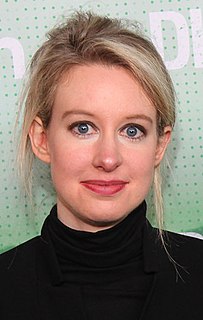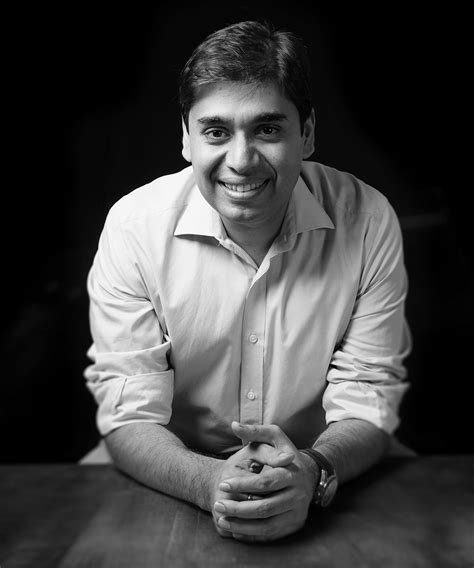A Quote by Tim Berners-Lee
It's time to recognise the internet as a basic human right. That means guaranteeing affordable access for all, ensuring internet packets are delivered without commercial or political discrimination, and protecting the privacy and freedom of web users regardless of where they live.
Related Quotes
When I was 14, I spent a huge amount of time on the Internet, but not the Internet we know today. It was 1994, so while the World Wide Web existed, it wasn't generally accessible. Prodigy and CompuServe were popular, and AOL was on the rise, but I didn't have access to the web, and no one I knew had access to the web.
Social media, it's a minefield! Technology is moving so fast right now. Everyone is scrambling around trying to understand what it means to have an avatar, how to live our lives on the internet, what it means for privacy, for citizens of a political universe. I think that we're trying to find rules now, as we speak, and it's difficult. But, like everything, the internet is an incredibly powerful force that needs governing - not to restrict our freedom, but to protect people.
In the Internet world, both ends essentially pay for access to the Internet system, and so the providers of access get compensated by the users at each end. My big concern is that suddenly access providers want to step in the middle and create a toll road to limit customers' ability to get access to services of their choice even though they have paid for access to the network in the first place.
The notion of the Internet as a force of political and social revolution is not a new one. As far back as the early 1990s, in the early days of the World Wide Web, there were technologists and writers arguing forcefully that the Internet was destined to become the most important tool for cultural change in human history.
I definitely feel like there's a lot of terrible things on the Internet, obviously. You can really pretty much find anything on there. It's pretty awful. And the crazy thing is that we don't even access that much of it - it's like the dark web or whatever. It's the other Internet that we don't even access.

































